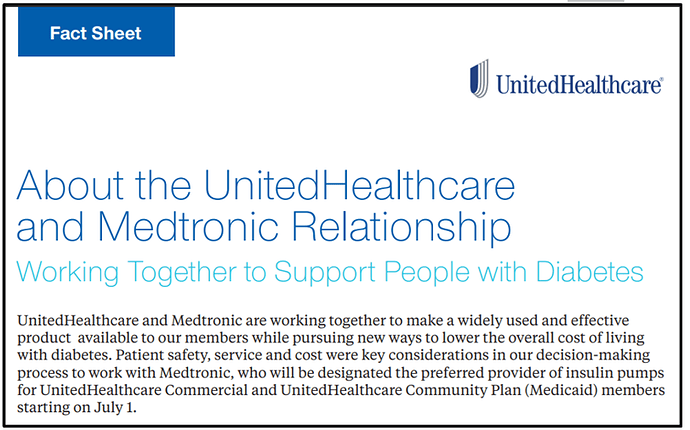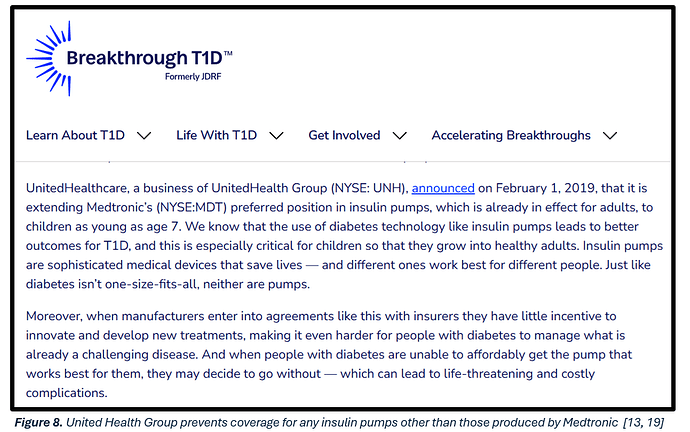It seems to be entirely at the whim of the insurance company how a non-single-use item is treated. The original Omnipod was sometimes treated as “medical equipment” and sometimes as “prescription”; this was the repeated issue a few years back. Some people had to go through the dreaded EdgePark gates of money and others could go to far friendlier Wal* and get reamed that way. I suffered both.
ATM reusable insulin pens seem to be out of favour but I did find that the Novopen Echo (approved by the FDA since 2013 and requires a prescription unlike normal reusable insulin pens) can be treated either way too. At least according to the Artificial Idiot.
I suspect the same thing applies to the Medtronic inPen, which is pretty much the same as the Novopen Echo Plus (not yet approved in the US.) Neither is “durable” in any reasonable sense because neither lasts more than a year, both are equipment but then so is a fingerstick meter and I think every fingerstick meter I have is 10 years old or more and still works, correctly.
Do we? They aren’t ACA compliant and they shouldn’t be; splitting out healthcare into different pieces that have to be paid for independently (even if part of the same “plan” as in pre-ACA coverage) is fundamentally broken; for example Medicare is fundamentally broken and it isn’t ACA compliant and, yep, it got a carve-out in the ACA and has pharmacy only contracts (“Part D”).
For ACA compliant plans there is one “deductible” and one maximum per-year out-of-pocket payment. If we choose our own plan we can swap every year; remember, remember the first of November. If our employers chose we end up with whatever our employers choose.
The ACA compliant plans slice and dice their way of paying for what is pretty much always the same healthcare in an attempt to minimise the total costs they pay. It doesn’t matter if they are a non-profit or a for-profit they must first minimise the costs given that they can no longer control the requirements. (No pre-existing condition exclusions, no age exclusions, no wealth exclusions, no credit-worthiness exclusions. Think about your car insurance. No race exclusions either and no sex please, we’re American.)
The actual cost, without insurance, of a Novopen Echo on Amazon (prescription required) is $55.28. The echo lasts 8 months I think. I can’t get the price of the echo plus because it isn’t approved in the US and Amazon won’t even admit it exists unless I do squirrely things with amazon.co.uk. diabeteswise suggests it is $78/pen. Both of these are pretty much trivial compared to the cost of the insulin (which is always a prescription benefit, except on the very non-conformant Medicare.)
Medtronic (and this is why this is still relevant to this topic) appear on Amazon with a one-month supply at $850 but $48 “average [with] insurance”. I’m guessing that they are bundling the Guardian sensor in there because the pen itself, reusable or not, costs nothing in comparison. However it doesn’t matter; the pen is tied to the Medtronic only sensor and that’s a big deal for the insurance companies.
FWIW the Novopen Echo Plus (not permitted in this great country) has integration to some extent with various approaches to CGM; Glooko, Abbott and (Germany only) apparently direct to the G7.
Ah well, even Medtronic probably doesn’t work very well when Amazon goes down 
![]() That isn’t in the May announcement, here’s where I found it:
That isn’t in the May announcement, here’s where I found it:




